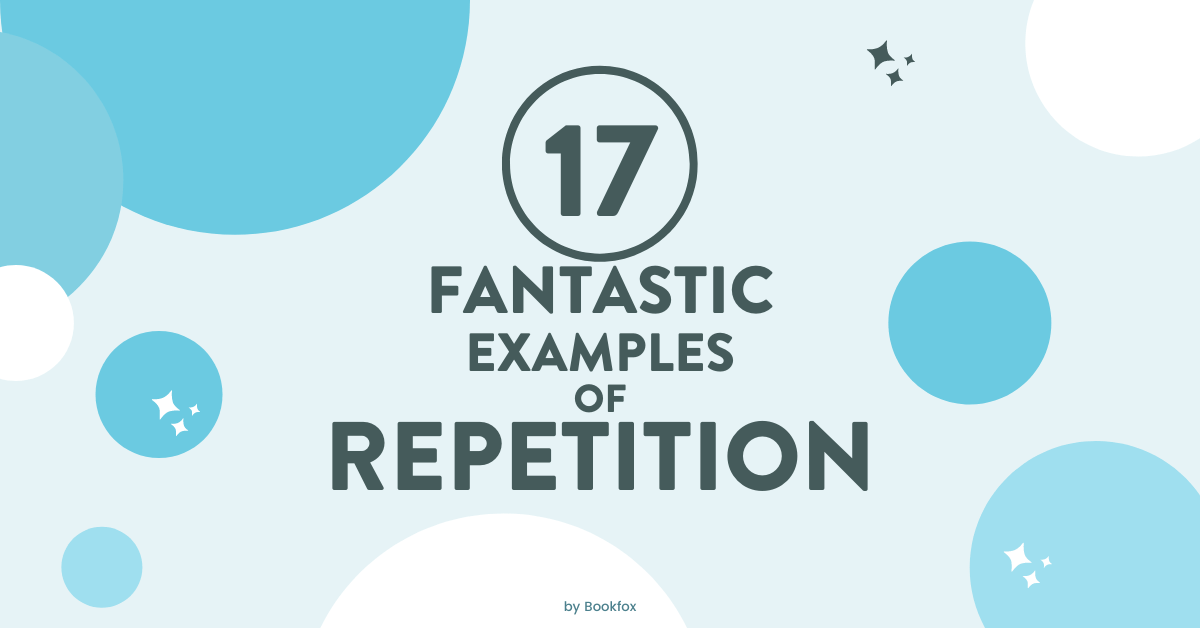
The governing wisdom about writing sentences says not to repeat. Repetition is bad. Repetition is sloppy. Writers are encouraged to consult a thesaurus and change up that pesky offending word.
But is this really true?
Literature is full of repetition. Literary writers constantly use the literary device of repeated words. I think the only type of repetition which is bad is sloppy repetition. Repetition which is unintentional, which sounds awkward.
If you repeat on purpose, repetition is gorgeous.
I mean, think about music. Music is all about repetition and patterns. If you didn’t have repetition in music, it would all just be noise.
Please study the repetition examples below, which are mostly figures of speech, to learn how to repeat well. Here are a few more tips:
- The repeated word has to evolve in some way. Every time it’s repeated, it’s the same word but in a different context, and by the end of the sentence we should be seeing that word in an entirely different light.
- Or: it has to be funny. Sometimes repeated words can just be funny, simply because you keep repeating them. Think about how many jokes rely on repetition.
And once you learn the skill of repetition, you’ll be ready for my advice on how to write a novel.
Even if you’re a beginner, this post “12 Steps to Writing a Bestseller” will guide you through the process of novel writing.
Repetition Examples:
1. “Nory was a Catholic because her mother was a Catholic, and Nory’s mother was a Catholic because her father was a Catholic, and her father was a Catholic because his mother was a Catholic, or had been.”
– Nicholson Baker, The Everlasting Story of Nory
Six repetitions in this sentence! Catholic is repeated six times, and by the end, it’s actually funny. That’s really important about repetition — it’s essential for humor.
So many jokes rely upon repeating the same word in different ways. In fact, in the stand-up comedy world, there’s a term for it: A Callback. It’s when you reference a joke that you made earlier in a new context, and through that repetition it’s funny in a whole new way.
But what makes this sentence great is the ending. Those last three words, which break the tense of the previous 6 verbs (was, was, was, was …) and then “had been.” Ha! The father was a Catholic simply because his mother was formerly a Catholic.
2. “I felt happy because I saw the others were happy and because I knew I should feel happy, but I wasn’t really happy.”
– Roberto Bolano, 2666
Four repetitions of the word “happy.” But every time the word is functioning in different ways.
- He feels happy.
- Others feel happy
- He is being forced into happiness (is he actually happy?)
- The truth: He is actually not happy at all
This sentence is also a great example of a sentence that starts in one place and ends in another. We start with the belief in the narrator’s happiness, but by the end, we are surprised to find that he only feels like he should be happy rather than actually feeling true happiness. The sentence has been a journey that has taken us somewhere, from a stated truth to reversing that truth.
3. “But good morning! Good morning to ye and thou! I’d say to all my patients, because I was the worse of the hypocrites, of all the hypocrites, the cruel and phony hypocrites, I was the very worst.”
– Joshua Ferris, To Rise Again at a Decent Hour
What’s great about this repetition example is that it’s a loose palindrome.
There is a “worse” followed by 3 examples of “hypocrites” followed by another “worst.”
If you just took those five words, they would read the same forwards as backwards. You might say that “worse” is not the same as “worst,” and yes, that’s a small difference, but repetition doesn’t have to be exact for it to work on the reader.
4. “So I said yes to Thomas Clinton and later thought that I had said yes to God and later still realized I had said yes only to Thomas Clinton.”
– Ann Patchett, The Patron Saint of Liars
Is this about sex? About marriage? In any case, this is a perfect hourglass shape: an identical beginning and end with an interlude in the middle.
Once again, this sentence shows us the journey of a narrator that starts thinking one thing, changes her mind, only to change back to what she originally thought.
By repeating “yes” again and again, Patchett references the most famous case of repetition in literature: the end of Ulysses by James Joyce, which is definitely about sex:
“… then I asked him with my eyes to ask again yes and then he asked me would I yes to say yes my mountain flower and first I put my arms around him yes and drew him down to me so he could feel my breasts all perfume yes and his heart was going like mad and yes I said yes I will Yes.”
5. “Even if they are djinns, I will get djinns that can outdjinn them.”
– Ngugi wa Thiong’o, Wizard of the Crow
What an awesome sentence. Isn’t djinn an awesome word? Especially with the made-up word of “outdjinn”? And that’s how the repetitions evolve in this sentence: through a coinage of a new word that plays upon the repeated word.
6. “Hatred was spreading everywhere, blood was being spilled everywhere, wars were breaking out everywhere.”
– Shusaku Endo, Deep River
This is an example of epistrophe, which is literary trope where the same word is repeated at the end of every phrase (the opposite of this is anaphora, where the same word is repeated at the beginning of every phrase).
By repeating everywhere three times, Endo holds the whole of the sentence together and gives it shape and rhythm.
7. “Almost nothing was more annoying than having our wasted time wasted on something not worth wasting it on.”

– Joshua Ferris, Then We Came to the End
Ferris is writing about the drudgery of working in a corporate office, and wasted time had to be at the front of his concerns. I love that repeated phrase “wasted time wasted.” As if the time was already wasted, but it was going to be wasted again by spending it on non-worthwhile projects.
This basically sounds like every corporate meeting that has ever occurred.
8. “The depressed person was in terrible and unceasing emotional pain, and the impossibility of sharing or articulating this pain was itself a component of the pain and a contributing factor in its essential horror.”
– David Foster Wallace, Brief Interviews with Hideous Men
How perfect in a sentence about depression that Wallace would repeat “pain” three times. It’s almost as if he’s trying to drill pain into the reader’s brain by repetition, as if he wants you to truly feel the pain of depression that he’s trying to communicate.
Which is exactly what he’s accomplishing, because the thrust of this sentence is that non-depressed people can’t understand the pain of depressed people. Unless … this sentence can somehow pound it into them: pain, pain, pain.
9. “Paranoids are not paranoid because they’re paranoid, but because they keep putting themselves, fucking idiots, deliberately into paranoid situations.”
– Thomas Pynchon, Gravity’s Rainbow
You should have laughed at this sentence. Because Pynchon is normally funny, and here he’s being hilarious.
As if the problem with paranoids was not in their brains, but with the external world.
The bonus is that one of Pynchon’s main themes is paranoia — it’s what most of his books focus on — and so he sure knows about the logic of paranoia.
10. “Because the world is a place of silence, the sky at night when the birds have gone is a vast silent place.”
– Colm Toibin, The Testament of Mary
Just two repetitions here, and not exact ones: silence and silent. This sentence works like an echo: the first part is a grand description of the silence of the world, while the second part is a specific description of the silence of birds.
11. “There are some things that are so unforgivable that they make other things easily forgivable.”
– Chimamanda Ngozi Adichie, Half of a Yellow Sun
Here is repetition built upon opposites: unforgivable and forgivable.
Here’s a sentence challenge: try to write a sentence that flip-flops between opposite words multiple times. For instance, use unforgivable twice and forgivable twice, showing the back and forth of the narrator.
12. “I had known loneliness before, and emptiness upon the moor, but I had never been a NOTHING, a nothing floating on a nothing, known by nothing, lonelier and colder than the space between the stars.”
– Peter Carey, Parrot and Olivier in America
This is the loneliest sentence of all time. Like David Foster Wallace, he chooses a word that accents his thematic word of loneliness, rather than loneliness itself.
Because if he repeated loneliness, it wouldn’t be as powerful as actually making you feel lonely, which is what he does by repeating the word “NOTHING.”
“Nothing” is a word that actually makes you feel lonely. Four punches of this word and you as a reader feel like you’ve been knocked out. It’s one of the most powerful repetition examples on this page.
13. “You’re an insomniac, you tell yourself: there are profound truths revealed only to the insomniac by night like those phosphorescent minerals veined and glimmering in the dark but coarse and ordinary otherwise; you have to examine such minerals in the absence of light to discover their beauty, you tell yourself.”
– Joyce Carol Oates, Small Avalanches and Other Stories
Most of the repetition we’ve looked at so far has been word repetition, and so here’s a phrase repetition.
“You tell yourself.” These three words, when they appear first, are rather innocuous. It’s something this person says to herself. But when it’s repeated a second time, as a coda to the sentence, it takes on an entirely new meaning: this is an example of self-deception.
The narrator is telling herself something that isn’t true. The insomnia is likely hurting her, and she only believes it is helping her to avoid further pain.
For someone of Oates prodigious output, it’s surprising she doesn’t repeat more (that’s a bad attempt at a literary repetition joke. I apologize).
14. “Every person had a star, every star had a friend, and for every person carrying a star there was someone else who reflected it, and everyone carried this reflection like a secret confidante in the heart.”
– Orhan Pamuk, Snow
A couple different repetitions here. Star is repeated three times. Person is repeated twice and reflected/reflection is repeated twice.
But when you read it, it doesn’t seem redundant in any way. That’s because redundancy is unnecessary repetition, while beautiful repetition is exactly what the sentence needs.
15. “As my grandfather went, arm over arm, his heart making sour little shudders against his ribs, he kept listening for a sound, the sound of the tiger, the sound of anything but his own feet and lungs.”
– Tea Obreht, The Tiger’s Wife
We have an early repetition example with “arm over arm,” but the true repetition comes in the triple phrase at the end. It’s an example of anaphora, with a word being repeated at the beginning of phrases.
But my favorite part of the sentence is the “sour little shudders” of the heart.
16. “She was young the way an actual young person is young.”
– Nell Zink, The Wallcreeper
You’re looking for a metaphor here. She was young in the way … of something. And Zink resists that. She pushes pie in the face of a metaphor.
She’s going to deflate all your expectations and say that there’s only one way to be young: to be an actual young person.
This is why Zink is one of the funniest, zaniest writers out there.
17. “No heart is so hard as the timid heart.”
– Norman Mailer, The Gospel According to the Son
Here we have a bit of a paradox. You wouldn’t think a timid heart would be a hard heart. By the second repetition of “heart,” Mailer has reversed your expectations of the sentence.
Do you have examples of repetition in literature? I’d love to read them in the comments below!
If you want more repetition examples or just plain amazing sentences, check out my post on 100 Beautiful Sentences or my course on how to write a splendid sentence.
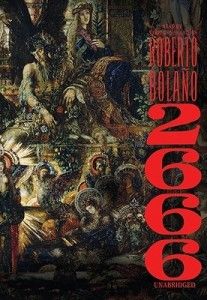

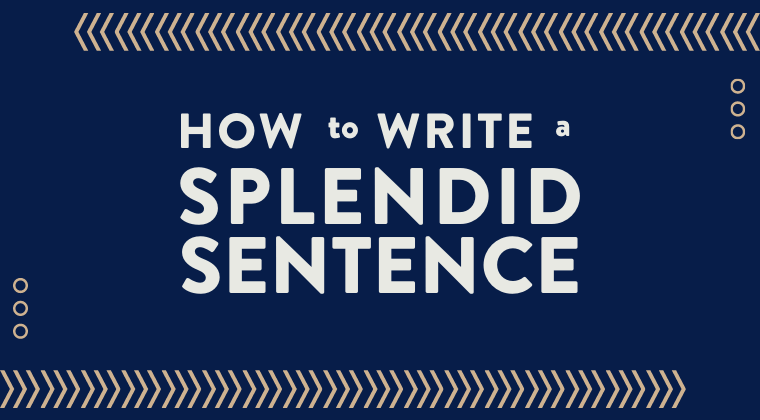
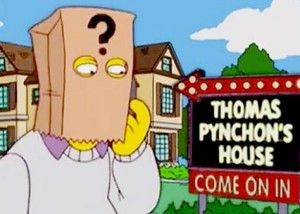
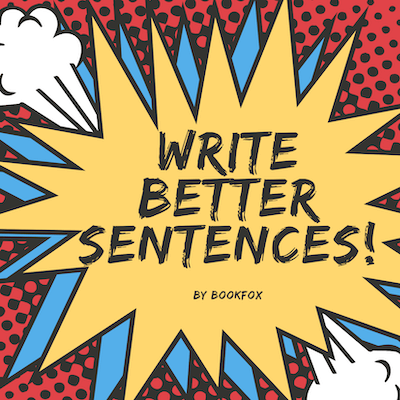



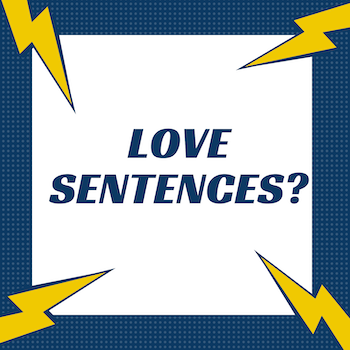
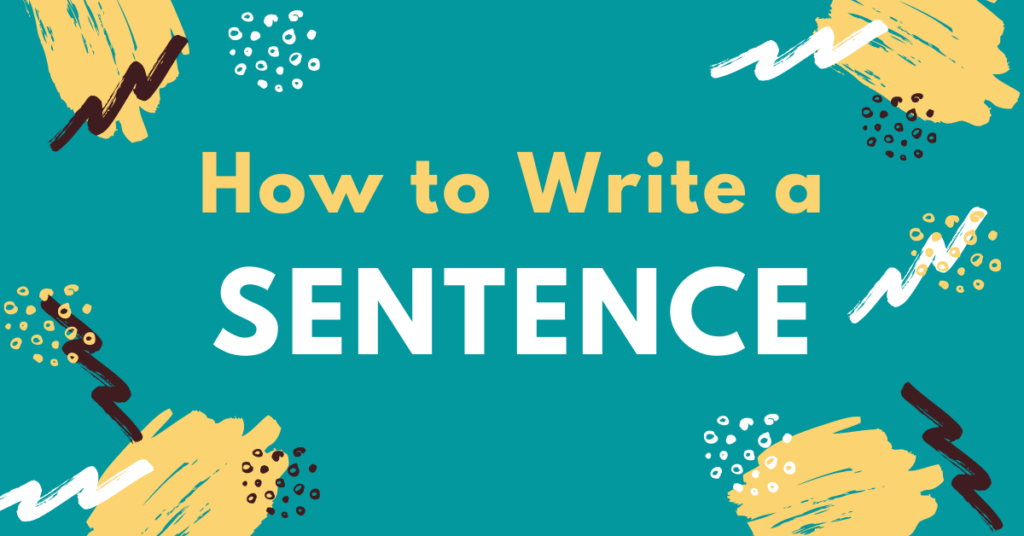


5 comments
Thank you so much! 🥰
This is great advice. I have been thinking of writing a children’s book for decades now and this has really given me something to think about and apply. It all felt so overwhelming but now it seems a bit more manageable. Thank you!
I use repetition quite a bit in my very first novel, not planned, just works I think, and some have said don’t, so it’s good to know that it’s often used by established and well known writers.
Thanks f so o much for this
This collection of repetition examples in literature is awesome! The selected cases are classic and easy to understand, clearly explaining the charm of repetition. Super useful for students’ learning or writers’ reference—saves tons of time searching for materials!